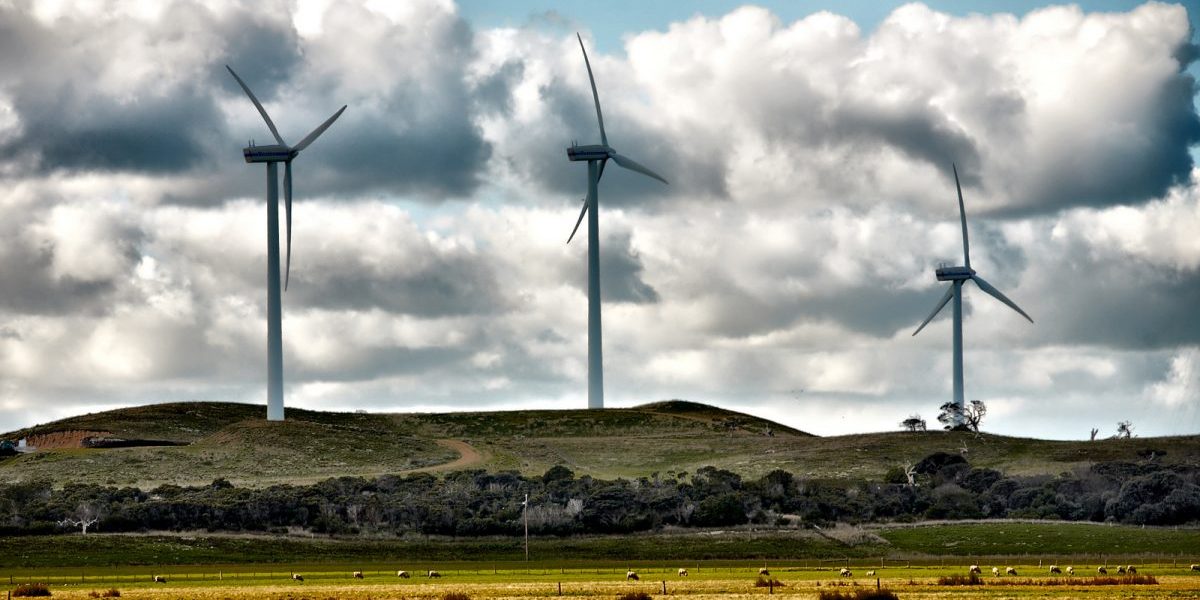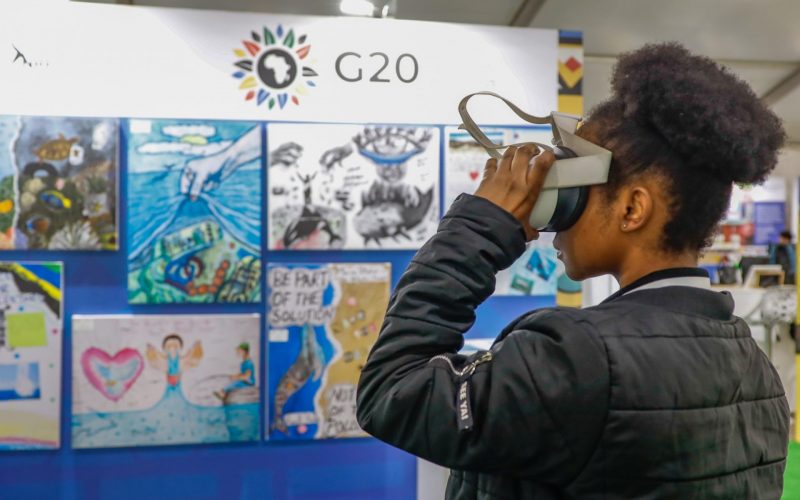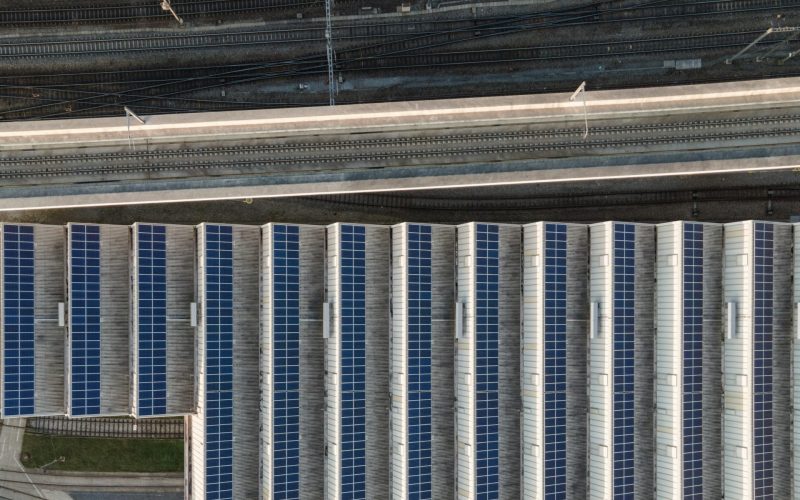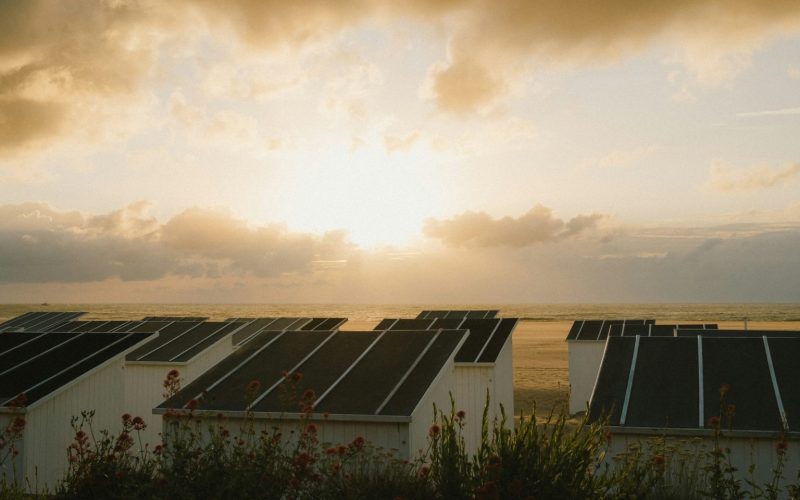Date: Tuesday, 16 November 2010
Time: Seminar 14:30 -17:00, followed by the book launch and reception
Venue: Jan Smuts House, East Campus, Wits University, Johannesburg
This seminar precedes the sixteenth Conference of Parties (COP) meeting in Mexico in December 2010 where negotiators from around the world will meet to decide on a global climate deal.
Copenhagen failed to secure a new legally binding deal to replace or expand the Kyoto Protocol after it expires in 2012. Nearly a year later, it is still unclear whether Cancun will be able to make significant progress on a new climate pact.
At Copenhagen South Africa was a key player in the negotiations, and also formed part of the BASIC group that drew up the Copenhagen Accord. Mr Alf Wills will speak on South Africa’s negotiating position and progress towards Cancun.
Alfred James Wills is Deputy Director General – International Cooperation and Resources, Department of Water and Environmental Affairs, South Africa.
Download Presentation [.pdf]
Discussants
Professor Mary Scholes, Professor and Assistant Dean for Postgraduate Studies in the Faculty of Science, Wits University.
Ivan Mbirimi, SAIIA Research Associate and co-editor, “Climate Change and Trade”.
Richard Worthington, Manager: Climate Change Programme World Wildlife Fund
HE Mr L Cabrera, Ambassador of Mexico to SA
About the Book
The long-awaited Copenhagen summit on climate change gave to the world a broad political agreement, but without any teeth. Meanwhile concerns over the climate change agenda finding its way into the multilateral trading system are growing, at a time when the trading system is struggling to find its own feet.
South Africa’s economy, and by extension Southern Africa’s economy, is based on resource production and to some extent beneficiation, in turn dependent on cheap energy. Its international visibility – not least in climate change negotiations – means that it may be in line for imposition of trade policy measures on its carbon-intensive exports.
Climate Change and Trade straddles several distinctive bodies of knowledge, notably trade policy and diplomacy, and environment policy and diplomacy, in order to shed light on these challenges from a Southern African perspective. As such it represents the first major attempt to synthesise these ‘sealed’ policy challenges and sketch policy implications for the region.
The book is divided into two sections. The first addresses the global and multilateral dynamics in climate change negotiations, and their relationship to the trading system, notably the World Trade Organization. The second focuses on Southern Africa, revealing the state of knowledge with respect to projected climate warming impacts on the region, and a series of case studies that detail country-specific climate and trade issues in Botswana, South Africa, Mozambique and Zambia.
Peter Draper is a Senior Research Fellow on SAIIA’s Economic Diplomacy Programme, which he headed from 2003 (when it was Development Through Trade) to 2010. He previously headed the Department of Economics and Economic History at the University of Durban-Westville; the Asia and Mercosur desks at the Department of Trade and Industry; and Economic Analysis and Research in the DTI’s International Trade and Economic Development Division.
Ivan Mbirimi, a Research Associate of SAIIA, is an economist with nearly 30 years of professional experience specialising in policy analysis, research, capacity building and negotiations on international trade policy, climate change and environment, with a particular focus on the concerns of developing countries.
Listen to:
- Peter Draper talking about the book [.mp3]
- Full interview with Peter Draper [.mp3]
- Peter Draper talks about Cancun 2010 [.mp3]
RSVP: Ndumi Nqunqa
Tel: (011) 339 2021 Ext 117
Fax: (011) 339 2154
Email: Nondumiso.Nqunqa@wits.ac.za








